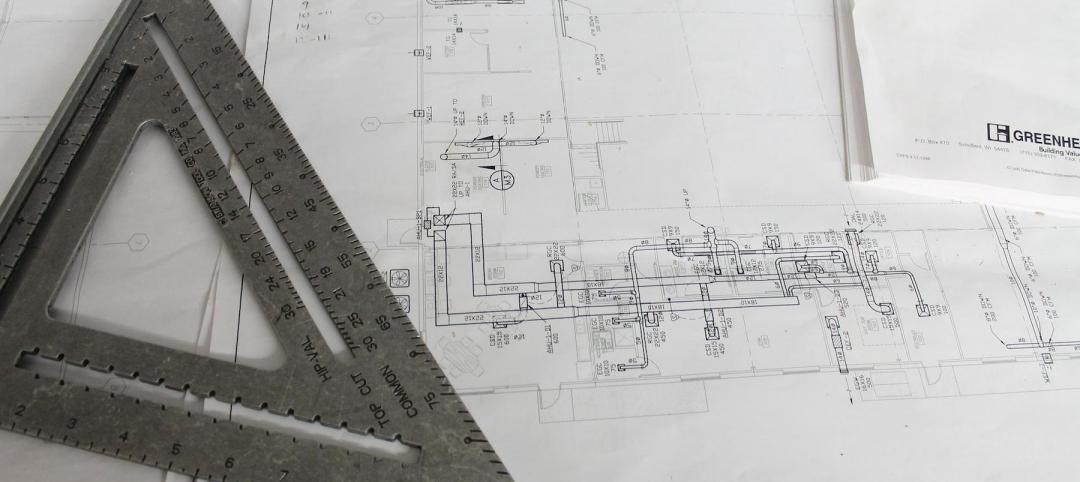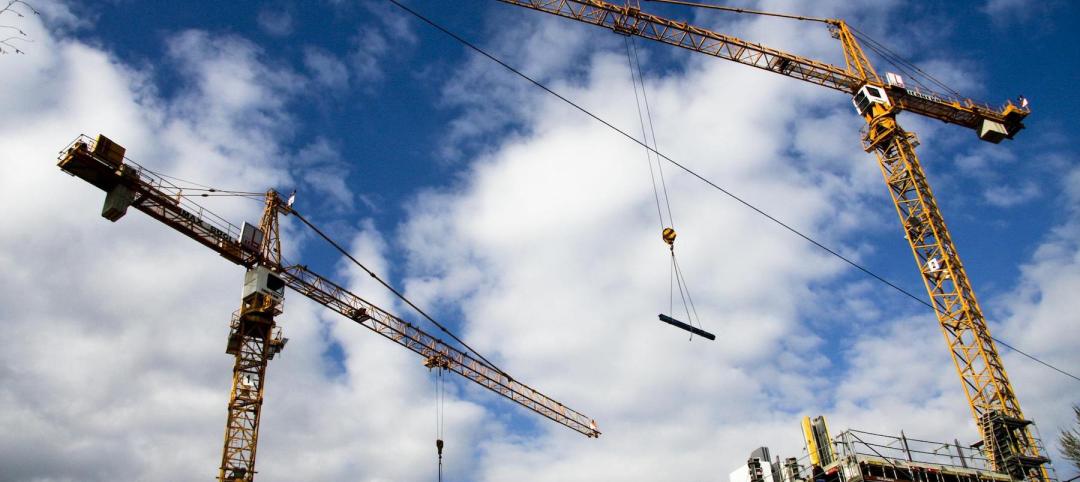Only 30% of the nation’s metro areas added construction jobs in the past year, according to an analysis of new government data that the Associated General Contractors of America released today. Association officials said construction employment in most parts of the country was being impacted by pandemic as businesses and local governments curtail planned construction projects.
“The pandemic has devastated the finances for businesses, institutions, and state and local governments, leading to widespread postponements and cancellations of construction projects,” said Ken Simonson, the association’s chief economist. “As contractors use up the funds from Paycheck Protection Program loans, even more job losses are inevitable unless the federal government provides an immediate economic boost.”
Construction employment fell in 209, or 58%, of 358 metro areas between October 2019 and October 2020. Construction employment was stagnant in 40 other metro areas, meanwhile, and only 109 metro areas—30%—added construction jobs during the past year.
Houston-The Woodlands-Sugar Land, Texas lost the most construction jobs over those 12 months (-19,800 jobs, -8%), followed by New York City (-17,300 jobs, -11%); Montgomery-Bucks-Chester Counties, Pa. (-12,100 jobs, -21%); and Minneapolis-St. Paul-Bloomington, Minn. (-10,400 jobs, -11%). Brockton-Bridgewater-Easton, Mass. had the largest percentage decline (-43%, -2,500 jobs), followed by Bloomsburg-Berwick, Pa. (-36%, -500 jobs); Altoona, Pa. (-32%, -1,000 jobs); Johnstown, Pa. (-30%, -800 jobs); and East Stroudsburg, Pa. (-30%, -600 jobs).
Dallas-Plano-Irving, Texas added the most construction jobs over the year (7,100 jobs, 5%), followed by Seattle-Bellevue-Everett, Wash. (4,700 jobs, 4%); Kansas City, Mo. (3,700 jobs, 12%); and Boise, Idaho (3,500 jobs, 13%). Walla Walla, Wash. had the highest percentage increase (25%, 300 jobs), followed by Lewiston, Idaho-Wash. (18%, 300 jobs); Oshkosh-Neenah, Wisc. (16%, 900 jobs); Fond du Lac, Wisc. (15%, 500 jobs); and Springfield, Mo. (15%, 1,400 jobs).
Association officials said the best way to curtail future construction job losses was for Congress to pass new federal coronavirus relief measures. These measures should include making new infrastructure investments, eliminating plans to tax Paycheck Protection Program loans and enacting liability reform to protect honest businesses from baseless coronavirus lawsuits.
“Construction employment is likely to continue falling in many parts of the country unless Congress quickly passes new coronavirus relief measures,” said Stephen E. Sandherr, the association’s chief executive officer. “Boosting infrastructure projects, preserving the benefits of the Paycheck Protection Program and protecting businesses from predatory attorneys will help stabilize the economy and demand for construction.”
View the metro employment 12-month data, rankings, top 10, new highs and lows, map.
Related Stories
Hotel Facilities | Jul 28, 2022
As travel returns, U.S. hotel construction pipeline growth follows
According to the recently released United States Construction Pipeline Trend Report from Lodging Econometrics (LE), the total U.S. construction pipeline stands at 5,220 projects/621,268 rooms at the close of 2022’s second quarter, up 9% Year-Over-Year (YOY) by projects and 4% YOY by rooms.
Codes and Standards | Jul 22, 2022
Hurricane-resistant construction may be greatly undervalued
New research led by an MIT graduate student at the school’s Concrete Sustainability Hub suggests that the value of buildings constructed to resist wind damage in hurricanes may be significantly underestimated.
Market Data | Jul 21, 2022
Architecture Billings Index continues to stabilize but remains healthy
Architecture firms reported increasing demand for design services in June, according to a new report today from The American Institute of Architects (AIA).
Market Data | Jul 21, 2022
Despite deteriorating economic conditions, nonresidential construction spending projected to increase through 2023
Construction spending on buildings is projected to increase just over nine percent this year and another six percent in 2023, according to a new report from the American Institute of Architects (AIA).
Building Team | Jul 18, 2022
Understanding the growing design-build market
FMI’s new analysis of the design-build market forecast for the next fives years shows that this delivery method will continue to grow, despite challenges from the COVID-19 pandemic.
Market Data | Jul 1, 2022
Nonresidential construction spending slightly dips in May, says ABC
National nonresidential construction spending was down by 0.6% in May, according to an Associated Builders and Contractors analysis of data published today by the U.S. Census Bureau.
Market Data | Jun 30, 2022
Yardi Matrix releases new national rent growth forecast
Rents in most American cities continue to rise slightly each month, but are not duplicating the rapid escalation rates exhibited in 2021.
Market Data | Jun 22, 2022
Architecture Billings Index slows but remains strong
Architecture firms reported increasing demand for design services in May, according to a new report today from The American Institute of Architects (AIA).
Building Team | Jun 17, 2022
Data analytics in design and construction: from confusion to clarity and the data-driven future
Data helps virtual design and construction (VDC) teams predict project risks and navigate change, which is especially vital in today’s fluctuating construction environment.
Market Data | Jun 15, 2022
ABC’s construction backlog rises in May; contractor confidence falters
Associated Builders and Contractors reports today that its Construction Backlog Indicator increased to nine months in May from 8.8 months in April, according to an ABC member survey conducted May 17 to June 3. The reading is up one month from May 2021.

















